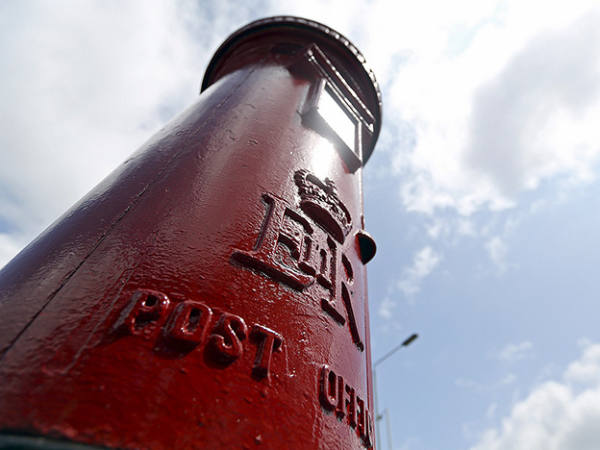As for the others - Brancote Holdings, Country Gardens, Dawson Holdings, Formscan, Gander Holdings, Lorien, Norcity ll, Norhomes, and the Old English Pub Company – most have fallen victim to takeovers, and in one or two cases well below the level at which they floated back in 1995. Magazine and newspaper distributor Dawson was the last to fall, taken over by Smiths News at a knockdown price in 2011 after flirting with bankruptcy.
We should not be surprised that this is the case, though. As our economist Chris Dillow has previously written, 10 per cent of UK companies are liable to disappear in any given year. That includes very small ones, but many listed companies have come and gone from the markets, too. For some, like Dawson, it's because they have run into trouble or have failed to respond to major structural changes within their industries. But others disappear for the opposite reason: because they are attractive companies that offer something predators are prepared to pay a premium for, and because those predators have grown so big that they need acquisitions to make up for slowing organic growth.
Take the Old English Pub Company, for example, which was bought by Greene King in 2001. By the time it was taken out it had delivered three profit warnings in succession as a result of the foot and mouth crisis, but investors still made three times their 50p float price. And rather than buying a dying business Greene King was getting a portfolio of quality country pubs on the cheap - pubs which, incidentally, now form an important part of its branded rural estate. Similarly garden centre group Country Gardens was bought by Wyevale in 2001 - investors in that IPO would have made nearly eight times their original stake.
Looking back at Aim's original 10 is an important reminder that the world is always changing - and Aim, of course, is at the heart of this creative destruction, nurturing companies that could spell the end for others. As for the survivor, Athelney has proved to be a pretty decent investment if you'd hung on to it, producing a five-fold total return over its 20-year history. Perhaps that's because what it does will always be in demand: generate income, not something we generally associate with Aim, least of all a founding member of a growth-focused index. Which just goes to show: scratch beneath the surface, and Aim is full of surprises.










